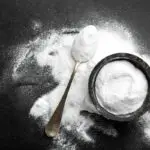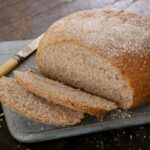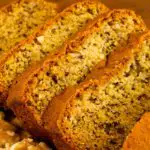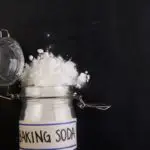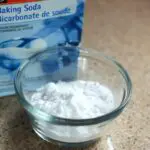Finding naturally gluten free items for your gluten free recipes that are suitable might be difficult, especially when browsing the bakery aisle of your neighbourhood supermarket.
The chemical substance sodium bicarbonate is referred to as “baking soda.” Sodium cations and bicarbonate anions make up this granular material.
It has a structure which is crystalline when it leads to the formation of baking soda, but it can also take the shape of a fine powder.
Some people might be alarmed when they see baking soda or baking powder listed among the ingredients because of all the many terms used to describe gluten containing ingredients. Is this component regarded as gluten free?
Here is an overview of what exactly pure baking soda is and whether there are any baking powder brands which are gluten free.
Gluten free baking powder and gluten free baking soda is usually available at grocery stores among other gluten free foods. Additionally, you’ll discover whether any brands of baking soda are gluten-free and where you can purchase them.
What Is Baking Soda?
Sodium bicarbonate, usually referred to as baking soda, is a chemical leavening agent that is frequently used to make baked goods rise.
When an acid, like lemon juice, buttermilk, yoghurt, or vinegar, is added to sodium bicarbonate, a reaction occurs that releases carbon dioxide. The carbon dioxide produces bubbles that contribute to the rising and fluffy, tender, and soft texture of cakes and cookies.
Additionally, baking soda is an ubiquitous ingredient in many household goods and cures. This white powder’s antibacterial qualities and grittier texture make it excellent for cleaning.
Is Baking Soda Gluten Free?
Because baking soda is only made of sodium chloride, it is regarded as being gluten-free. However, baked items that might contain gluten frequently include baking soda.
Always check the label for any warnings about possible cross-contamination during production. The best baking soda substitutes that are also gluten-free are Pure Potassium Bicarbonate and LorAnn Baker’s Ammonia.
Now that we are aware that baking soda is indeed gluten-free, let’s explore this chemical agent in more detail, including its origins, potential health advantages and disadvantages, and suitable gluten-free substitutes.
The Background Of Baking Soda
Most people think of Arm & Hammer when they think about baking soda. This is due to baking soda being invented by Arm & Hammer in the 1800s.
Baking soda’s actual name, sodium bicarbonate, is derived from deposits of trona, a naturally existing mineral that is frequently mined in the United States as the main source of sodium carbonate.
Following the formation of soda ash from the raw components, baking soda can be produced. Wyoming has the biggest trona deposits. After employing sodium bicarbonate throughout their kitchen, Austin Church and John Dwight founded Arm & Hammer.
After learning about all the uses for baking soda, Arm & Hammer started to expand their product line in the 1970s to include cleaners, toothpastes, deodorant, and other items.
Advantages And Disadvantages Of Baking Soda For Health
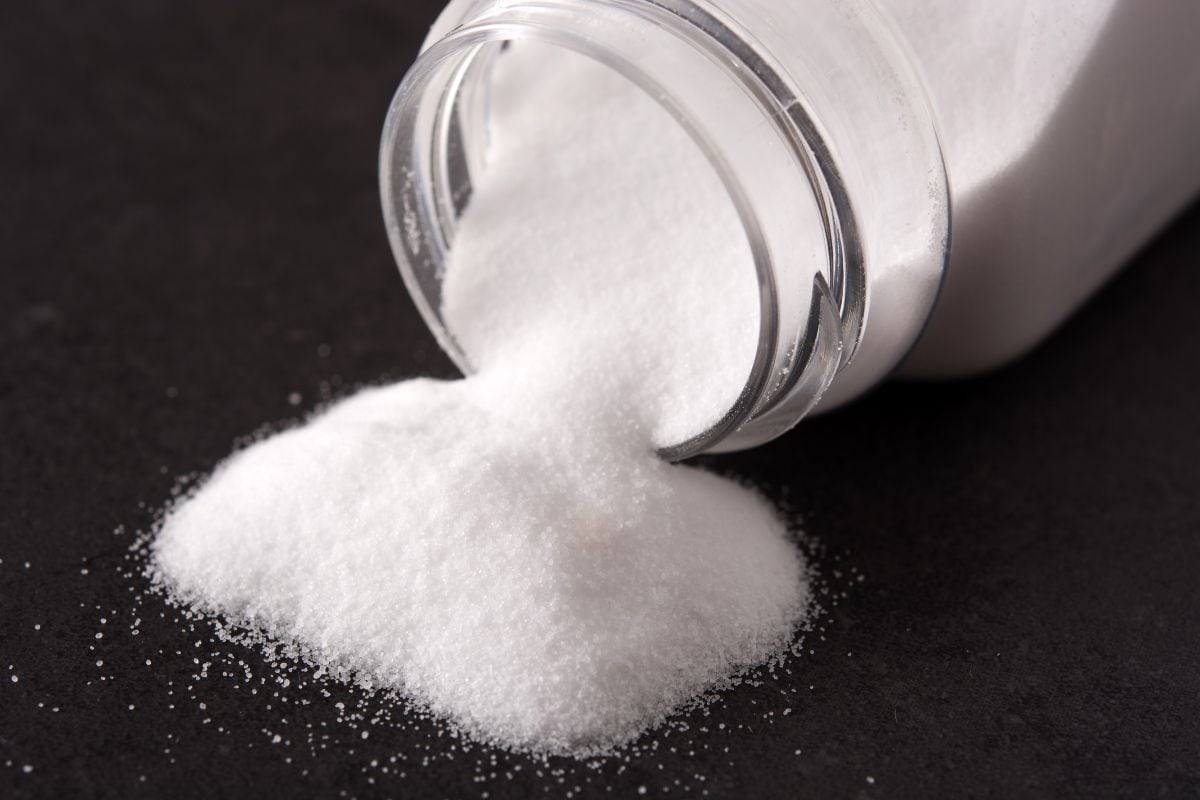
Since baking soda can help to neutralise stomach acid, it has historically been used to alleviate acid symptoms like heartburn or indigestion.
In contrast, sodium bicarbonate, which comes in serving sizes of 1/8 tsp, contains roughly 150 mg of salt.
High dietary sodium intake raises the risk of hypertension, heart attack, and stroke. A daily sodium intake of no more than 2300mg, or about 1 teaspoon of salt, is advised.
Small studies have suggested that using baking soda to improve sports performance may be helpful. According to a survey investigating 13 young guys, those who consumed baking soda before working out performed better and felt less fatigued than those who didn’t.
It may be advantageous to increase repetitions during strength training regimens, according to another study.
Other Common Applications For Baking Soda
Over the years, baking soda was used for a wide range of purposes, including toothpaste and cleaning. Baking soda is a common ingredient in toothpaste or even mouthwash due to its granular texture and antibacterial qualities.
It is also effective at destroying bacteria brought on by perspiration, and it is used in deodorant products as well as an odour neutralizer for the interior of shoes.
Baking soda can be used as a laundry detergent, air freshener, odor-concealing agent in cupboards and refrigerators, and it works wonderfully at masking unpleasant odours.
You can use it as a multifunctional bathroom cleanser or to assist get rid of odours by sprinkling a bit in your dishwasher or trash disposal. It’s likely that it has baking soda in it or that a product is made for it if it deodorises or cleans.
The majority of Americans keep this versatile powder in their homes as a cheap pantry staple. With a 1-pound bag costing only $.78, it’s understandable why people use it for all of their baking, deodorising, and cleaning requirements.
Options For Baking Soda That Are Gluten-Free
Explore some of the options below if you’re seeking suitable gluten-free alternatives to baking soda.
Baking Powder By Clabber Girl
Baking soda and cream of tartar, and also occasionally cornstarch are the main ingredients in baking powder, such as the well-known Clabber Girl brand.
If you do not have any baking soda on hand, you can still use it in baked goods because it already contains baking soda and acid. In fact, some people favour baking powder since it does not require the addition of an acid during baking.
Baking powder and baking soda are frequently mistaken. Despite having a similar appearance and sound, they serve many diverse purposes.
Because baking powder has a lower baking soda content than baking soda alone, it takes nearly three times as much baking soda to replace one cup of baking soda.
The cost of an 8.1-ounce container of this product, which is commonly offered in stores and online at merchants like Target, Walmart, and Amazon, is $1.82.
Ammonia By Lorann Baker (Ammonium Carbonate)
Baker’s ammonia is another excellent leavening component that may be included in many traditional recipes. Prior to the discovery of baking soda, this was the primary kind of leavening agent utilised.
Gluten-free LorAnn Baker’s Ammonia works wonderfully to give items like biscuits or crackers an additional crisp. However, it is inadequate as a leavening agent in cakes or other foods with high yields.
Baker’s ammonia can be substituted for baking soda in a 1:1 ratio, but keep in mind that not all recipes call for it. The cost of a 2.7-ounce container of this product, which is available in a number of retail locations and online at Amazon.com, is $6.19.
Final Thoughts
Frequent allergens being used in food products must be clearly stated on product packaging in the US and several other nations across the world.
So, if a gluten-containing product is used, it should be clearly stated on the label.

